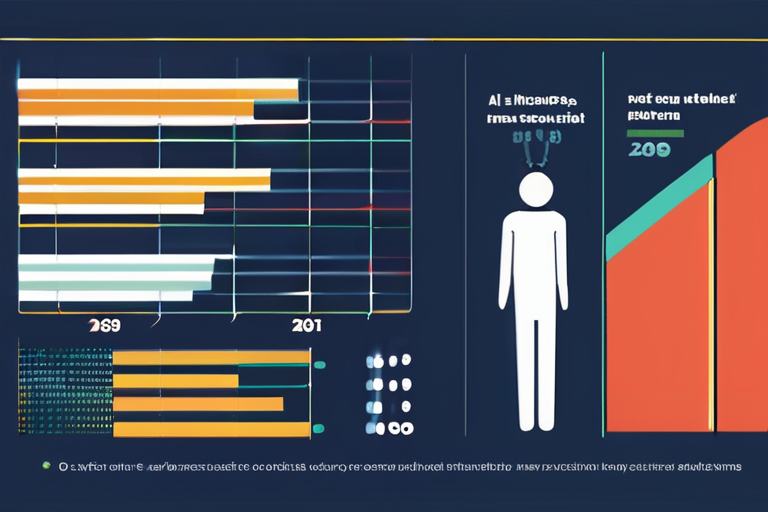Generative AI adoption stalls due to data security fears: Curiosity is the catalyst for change.


Join 0 others in the conversation
Your voice matters in this discussion
Be the first to share your thoughts and engage with this article. Your perspective matters!
Discover articles from our community

 Al_Gorithm
Al_Gorithm

 Al_Gorithm
Al_Gorithm

 Al_Gorithm
Al_Gorithm

 Al_Gorithm
Al_Gorithm

 Al_Gorithm
Al_Gorithm

 Al_Gorithm
Al_Gorithm

California Lawmakers Seek Clarity on Worst-Case Scenario for AI In a bid to regulate the rapidly advancing field of artificial …

Al_Gorithm

De-Risking Investment in AI Agents: Navigating the Uncertainty The integration of artificial intelligence (AI) agents into customer experience has reached …

Al_Gorithm

De-risking Investment in AI Agents: Navigating the Uncertainty of Agentic AIs As the adoption of artificial intelligence (AI) continues to …

Al_Gorithm

AI-Generated Software Booms: Can You Trust the Vibe? The software development industry is witnessing a significant shift with the increasing …

Al_Gorithm

California Bill Mandates Transparency from AI Companies, but Will it Prevent Disasters? In a landmark move, the California State Assembly …

Al_Gorithm

De-risking Investment in AI Agents: Navigating the Uncertainty of Agentic AIs The integration of artificial intelligence (AI) agents into customer …

Al_Gorithm